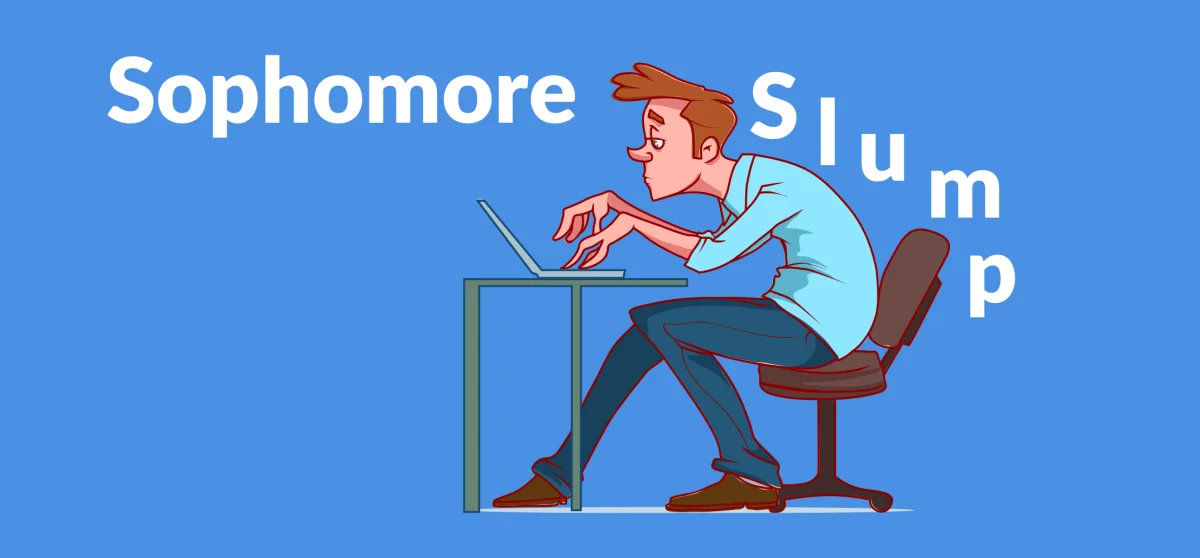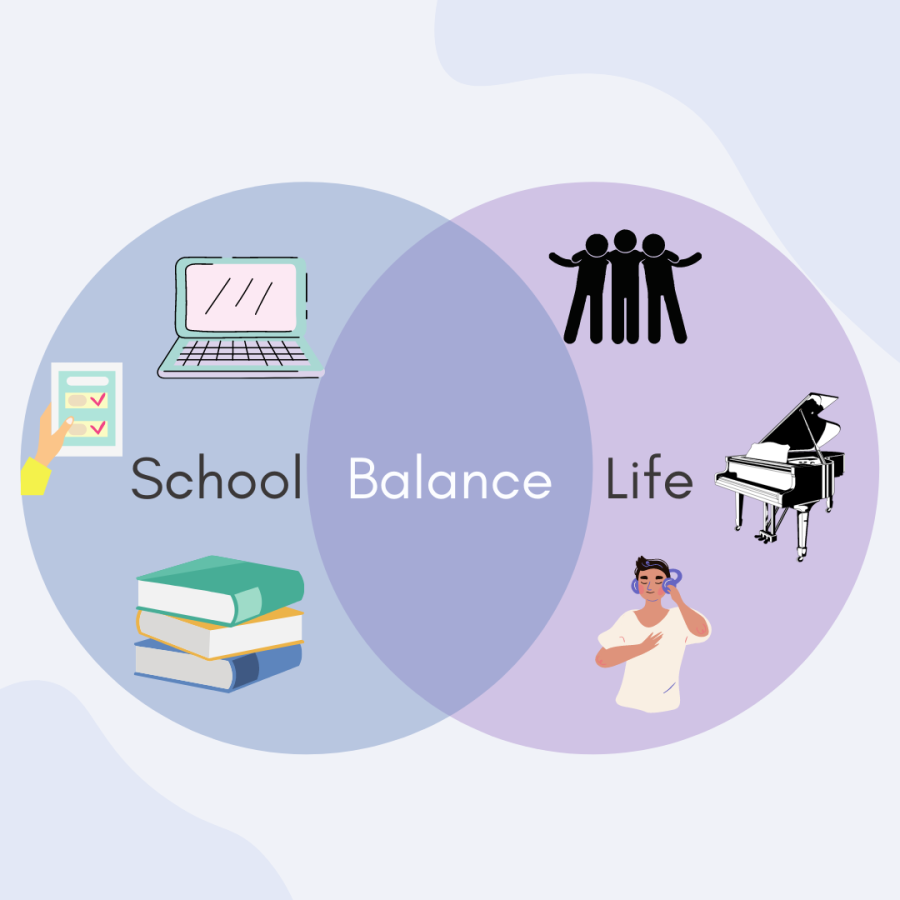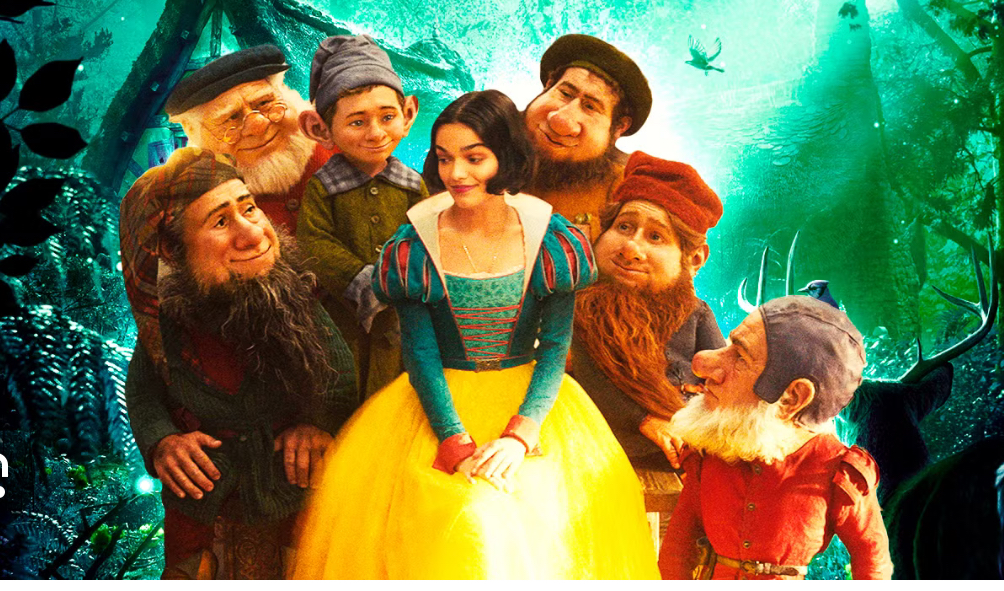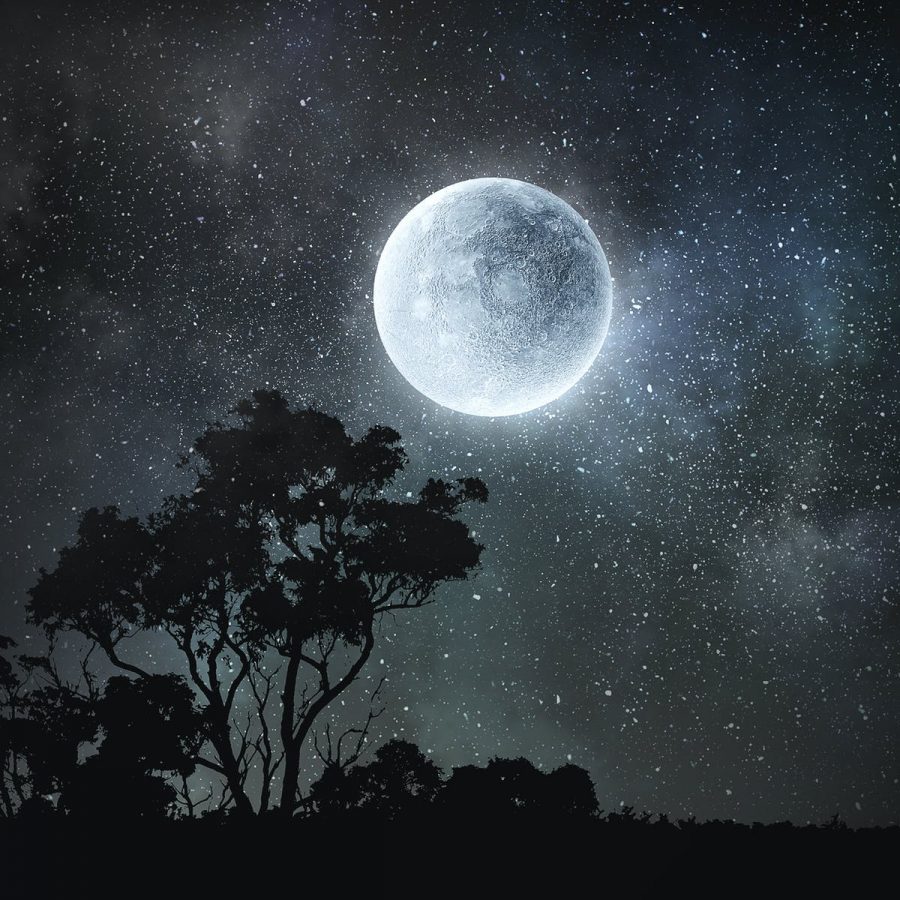Does the Moon Affect Us?
November 4, 2021
For years, the moon has been the most mysterious and ominous aspect of our atmosphere. From humans walking on its craters to water being “charged” in its light, the moon is one of the most powerful natural satellites within Earth’s atmosphere.
How powerful is the moon really?
The moon has been known among astrology addicts and those who associate with the term “spiritual” to dictate how events occur throughout life. Throughout the moon cycle, multiple nurses, doctors and police officers report that people are on their worst behavior. So, the question arises: does the moon really affect us?
Only 25 percent of students believe the moon affects human behavior and the other 75 do not believe in the changes due to lack of proof. Many people have multiple opinions on the moon, but which theory is the most accurate?
The myth that the moon changes human and animal behavior stemmed from folktales of werewolves and the Latin American folklore of the Chupacabra. Stories claim that in the event of a full moon, werewolves will lose all sense of control and unleash on a blood-thirsty frenzy. While this affected supernatural beings, the same theories applied to humans as well.
The theory that the moon affects human behavior has been passed through generations and now applies to humans as a placebo effect. Due to the fact that people believed the moon allowed them to change their behavior, they unknowingly altered the way they acted. According to “Scientific American” magazine, humans unknowingly participate in the “illusory correlation” principle. The principle creates a sense of a false reality; in this case, the false reality would be that the moon affects human activity.
The rave that the moon affects human behavior also stemmed from the fact that the moon controls the ocean tides. Due to the human body being 80 percent water, the moon is said to control humans the same way as the tides. While the argument is valid, “Scientific American” claims, “the gravitational effects of the moon are far too minuscule to generate any meaningful effects on brain activity.”
“Scientific American” claims that the moon only affects open bodies of water such as the ocean and lakes. Unlike these open bodies of water, the human body and brain are completely contained and not reluctant to the effects of the moon.
While the moon is one of the biggest aspects of spirituality, those involved argue that the moon is able to charge crystals and water with specific healing energy and manifestation properties. Throughout the moon cycle, multiple rituals and manifestation rituals take place to celebrate the moon and take advantage of the energy brought by it. Crystals and water are often left in the moonlight on nights of the full and new moon to “charge.”
While many people are skeptical of the moon being able to hold such power, there is no evidence against it. Since the moon affects open water, there is an argument that it can charge the water for manifestation methods. Although there is no limit to the size, the moon affects the water as if it was a part of a larger body of water.
There is no evidence against the theory that the moon is able to charge crystals, but it is not strong enough to affect people.
Source: “Scientific American” Magazine




































